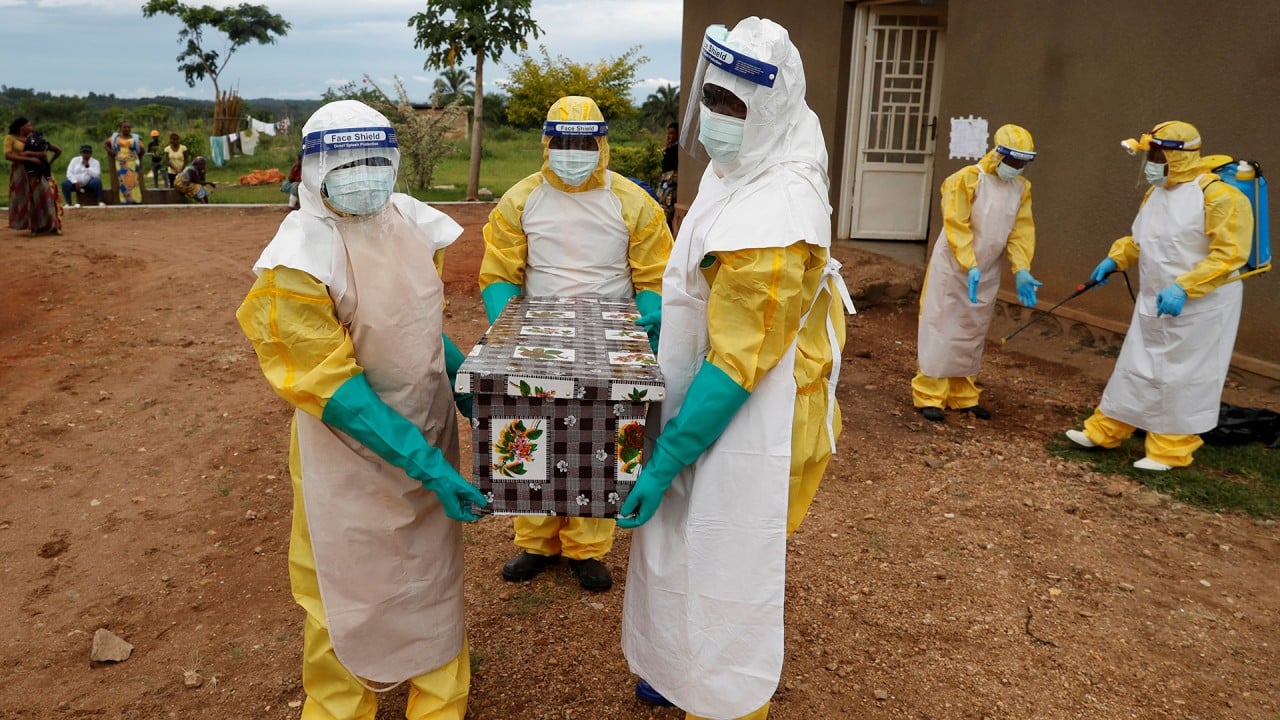
WHO chief says priority is to prevent sexual exploitation after horrifying abuse revelations during Ebola outbreak
- ‘Things are changing [but] it is not enough. We’re just starting,’ organisation’s chief Tedros Ghebreyesus said, acknowledging a need to speed up investigation
- WHO has been under intense pressure to make changes following horrifying revelations of widespread abuse by humanitarian workers during 2020 Ebola outbreak
The WHO chief told member states Wednesday that he was fully committed to reforms needed to prevent sexual exploitation and abuse by staff, acknowledging more needed to be done.
The World Health Organization has been under intense pressure to make far-reaching changes following revelations in 2020 of widespread sexual abuse by humanitarian workers in the Democratic Republic of Congo.
“Things are changing,” Tedros Adhanom Ghebreyesus told country representatives gathered for the UN health agency’s main annual assembly. Speaking a day after he was re-elected to a second five-year term, Tedros acknowledged that “it is not enough. We’re just starting.”
Tedros’s first term was marred by horrifying revelations of rape and other sexual abuse by humanitarian workers as the WHO and other organisations responded to the 2018-2020 Ebola outbreak in the DRC.
An independent commission of inquiry found in a devastating report last year that 21 WHO employees were among humanitarians who committed abuses against dozens of people.
WHO’s main donor countries subsequently demanded the UN agency speed up and broaden reforms.
The WHO chief, who described the commission’s findings as “horrifying”, apologised to the victims and presented an action plan for overhauling the organisation’s prevention and response to such cases.
On Wednesday, he stressed that the organisation was committed to rectifying the situation, and that it was a “daily issue” addressed by management. Tedros said he himself presided over a weekly meeting of all divisions involved in “monitoring our progress based on the plan of action”.
WHO workers in Democratic Republic of Congo accused of sexual abuse
“We’re on the same page on zero tolerance,” he insisted, stressing that there was a “focus on prevention, focus on cultural change, focus on mindset change, focus on victims”.
He also said efforts were under way to speed up investigations into complaints, which in the past have sometimes taken five years or longer. The message had been made clear, he said, that “justice delayed is justice denied”.
Tedros said work was under way to clear the backlog of cases, and that there was now a 120-day-deadline to complete probes.
Some investigations might take longer, he conceded, but in such cases, “there should be a good reason and rationale”, pledging both transparency and accountability.

.png?itok=arIb17P0)
